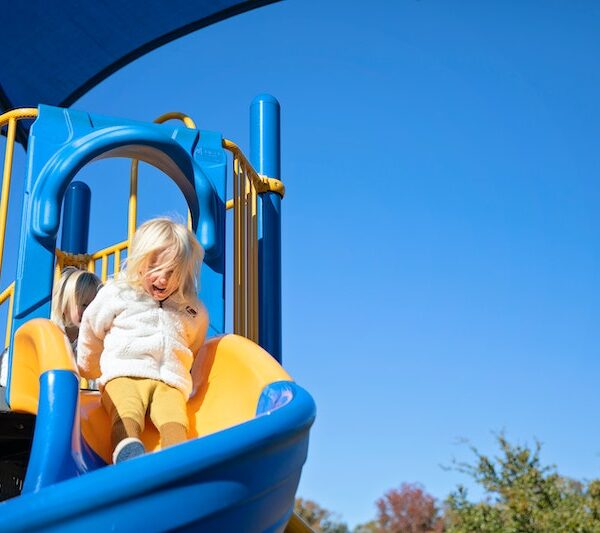Seen, heard and cared for: Triple P acknowledges generational change

Ahead of Grandparents Day (29 October), experts from the Triple P – Positive Parenting Program have called for tolerance, acceptance and understanding of the difficult challenges that grandparents face while caring for their grandchildren from the era of Gen Alpha.
With more grandparents helping to care for grandchildren as availability pressures on early childhood education and care (ECEC) services mount, Dr Alan Ralph,Triple P International Head of Training, says there is a need to be mindful that these grandparents were not raised in a generation where mental health or anxiety were talked about openly.
“In our grandparents’ generation, anxiety in children was often described as a passing phase or stage. But now we know it’s important to help children develop coping skills to manage their anxiety without resorting to negative practices, like yelling or forcing them to do certain things when they are not ready,” Dr Ralph said.
As well as adapting to new understandings about how children learn, and about the importance of good mental health, today’s grandparents are also dealing with the evolution of communication and technology, and may be feeling ill-equipped to support their grandchildren when issues arise.
“Even though this generation of kids may appear to be vastly different, grandparents should still trust in their own experiences and wisdom. While it’s true that talking about mental health and anxiety may not have been common during their time, that doesn’t mean they’re not well-equipped to offer invaluable understanding and support,” Dr Ralph continued.
“They have the benefit of experience, as well as perspectives that come from having witnessed multiple generations grow and develop.”
He offered the following advice for grandparents and for others who are supporting children with anxiety.
- Recognise, understand and accept a child’s feelings
For example, communicate that it’s okay to experience uncomfortable feelings (e.g. anger, sadness) as well as comfortable feelings (e.g. happiness, confidence) and appropriately share your own feelings, without dwelling on upsetting or worrying events.
- Teach children how to express their feelings in a way that is not going to be hurtful to themselves or others
Chat with them about their emotions and listen to them without telling them how to feel. And lead by example, showing them how to express feelings appropriately.
- Help children develop an optimistic outlook
This can make all the difference in their ability to persevere when things get difficult. One effective way is to do some activities that can help kids learn how to stick with challenges, such as playing games that require teamwork or problem-solving skills, like puzzles or board games.
Triple P – Positive Parenting Program is a free resource for parents and carers of children, and is supported by funding from the Australian Government Department of Health and Aged Care under the Parenting Education and Support Program.
Parents and carers can access free, online parenting support 24/7 at www.triplep-parenting.net.au
Popular

Practice
Provider
Quality
Research
Workforce
New activity booklet supports everyday conversations to keep children safe
2025-07-10 09:00:16
by Fiona Alston

Quality
Practice
Provider
Workforce
Reclaiming Joy: Why connection, curiosity and care still matter in early childhood education
2025-07-09 10:00:07
by Fiona Alston

Policy
Practice
Provider
Quality
Research
Workforce
Beyond the headlines: celebrating educators and the power of positive relationships in early learning
2025-07-07 10:00:24
by Fiona Alston













